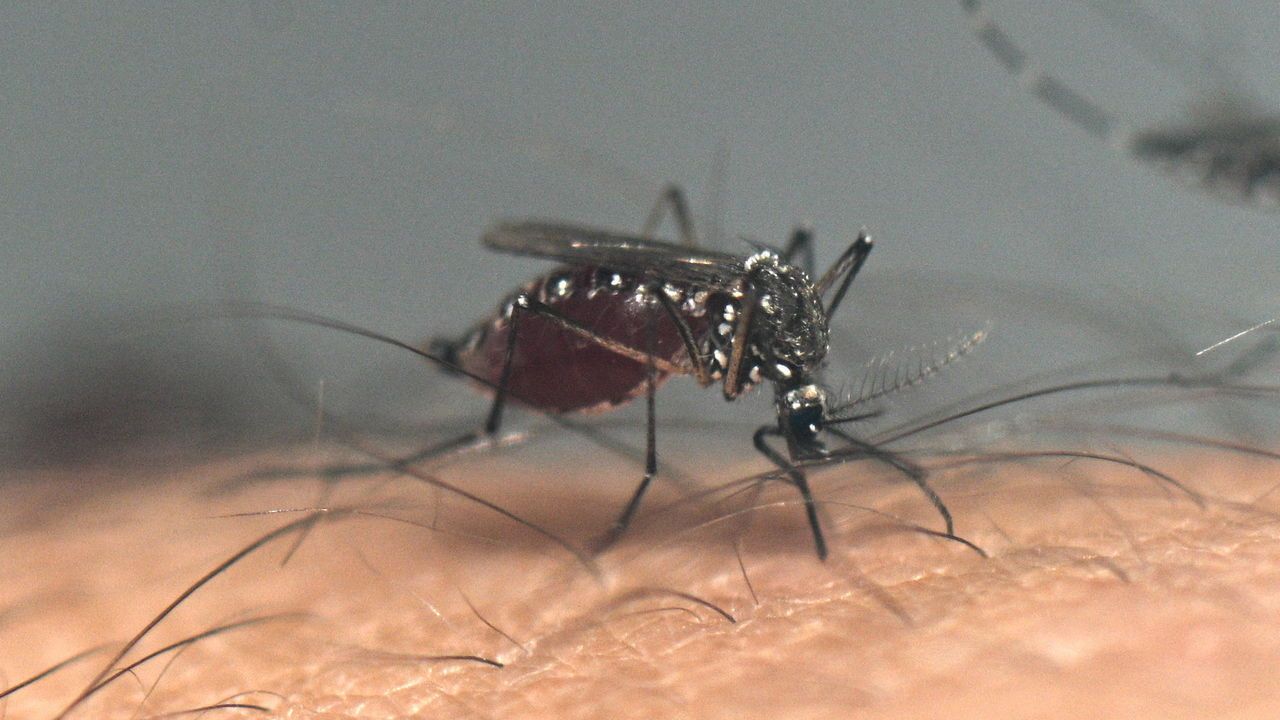A mosquito-borne disease is spreading as the planet warms
Dengue fever must be curbed

Unlike her stealthy, malaria-spreading cousin, the female Aedes aegypti signals her approach with an exasperating drone. Her bite is far worse than her buzz. If she carries a flavivirus pathogen, her victim can be infected with dengue fever. Most infections pass without symptoms, but an unfortunate few are racked with “breakbone fever”, which causes severe joint pain, haemorrhage and, occasionally, death. The after-effects, which are poorly understood, include fatigue and cognitive impairment. Aedes is so plentiful that the United States Centres for Disease Control and Prevention reckons 100m people around the world fall sick with dengue every year.
The number of people contracting dengue has risen dramatically. In 2000 about 20,000 people died of it, according to the World Health Organisation (WHO). This year at least 40,000 will perish. By contrast, between 2000 and 2022, deaths from malaria declined by 30%, the WHO says.
This article appeared in the Leaders section of the print edition under the headline "Dengue rising"
More from Leaders

How “judge-mandering” is eroding trust in America’s judiciary
The assignment of judges to cases should be random, not political

The world’s most improbable success story still needs to evolve
Under Lawrence Wong, the city-state has a new chance to change

What companies can expect if Labour wins Britain’s election
The party that aspires to lead the country is courting business
